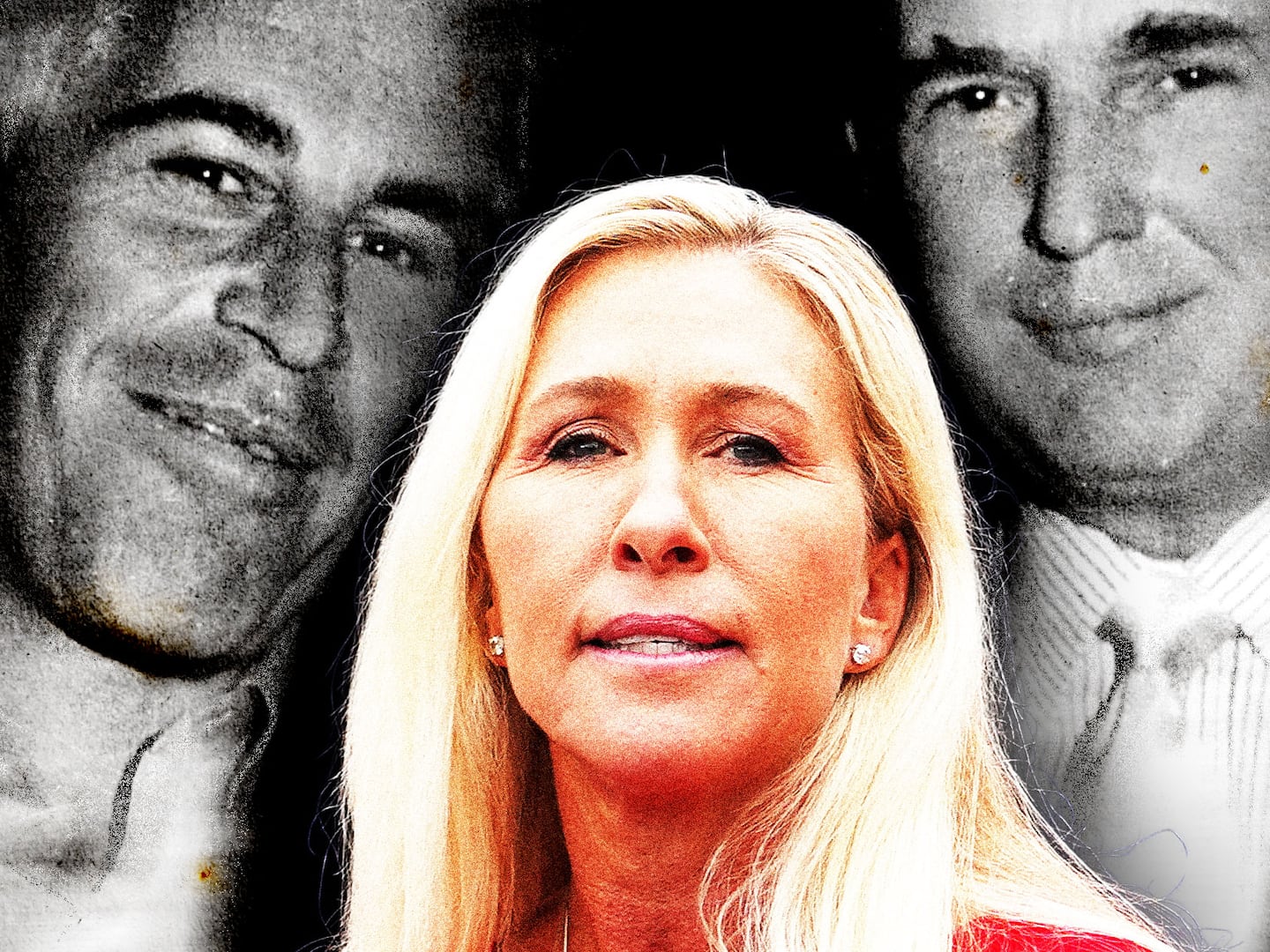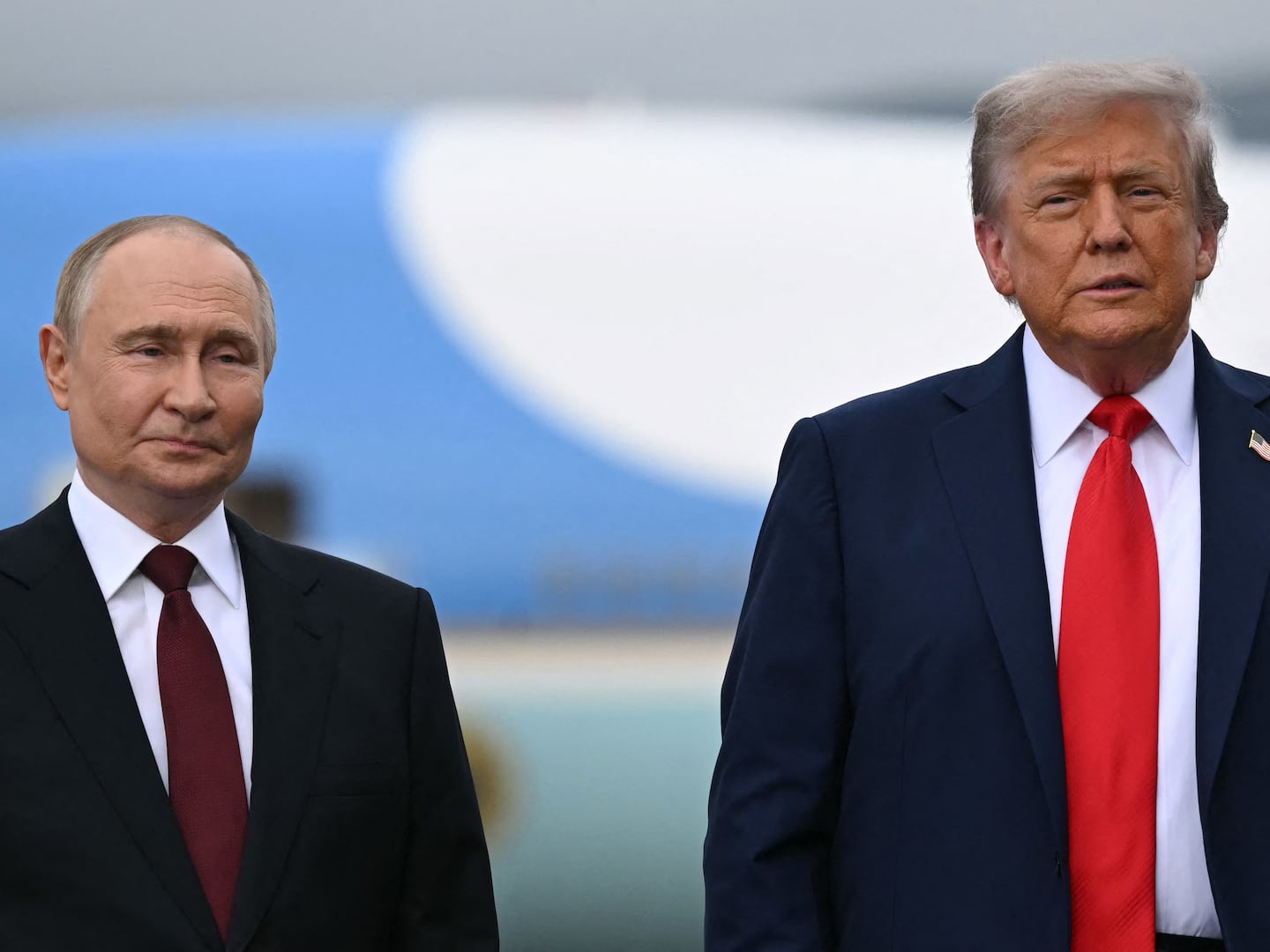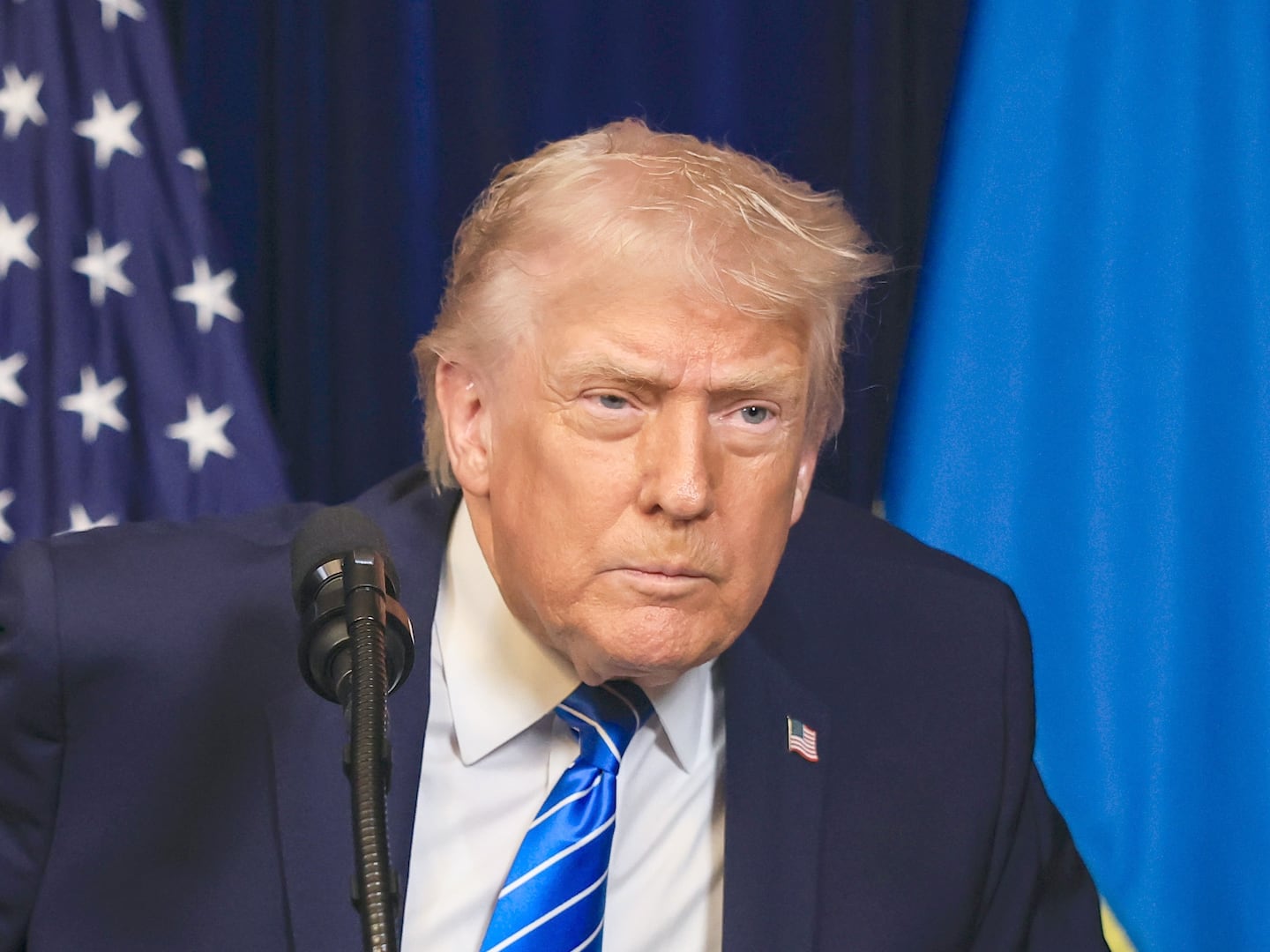Iran reached an interim agreement Saturday with the United States and five other great powers. The deal would begin lifting some financial sanctions on Iran in exchange for a cap on Iran’s overall production of nuclear fuel. This not-so-grand bargain is meant to create trust for continued negotiations to finally end Iran's quest for a nuclear weapon.
What Did The West Get? In the deal Iran will have to cap the total amount of low enriched uranium it produces. Enrichment is the process of creating nuclear fuel from uranium needed for peaceful reactors and nuclear weapons. Iran has also agreed to stop enriching uranium above five percent, a level that is not suitable for nuclear weapons. The deal will also require Iran to halt work on a heavy water plutonium reactor in Arak, an alternative path to making nuclear fuel. In addition to these steps, the deal would allow the International Atomic Energy Agency more access for its inspectors to Iran’s declared nuclear facilities. Those concessions are significant, but they also represent a significant climb down from earlier conditions spelled out in U.N. Security Council resolutions that require Iran to stop enrichment altogether.
What Did Iran Get? Under the interim agreement Iran will be allowed to enrich uranium at low levels. Iran's foreign minister, Javad Zarif said the deal recognized his country's nuclear program. This is a major victory for Iran whose leaders have insisted for nearly a decade that it has the right to enrich uranium under the Nuclear Non-Proliferation Treaty. Officially, the Obama administration has not recognized that any country has this right under the treaty. It has argued that Iran has to adhere to the terms of prior U.N. Security Council resolutions that prohibit Iran from enrichment. On Saturday, Obama was vague on this point, saying “Iran, like any nation should be able to access peacefully nuclear energy.” But in 2010, Hillary Clinton, when she was secretary of state, let it slip that a final deal could allow Iran to enrich. “They can enrich uranium at some future date once they have demonstrated that they can do so in a responsible manner in accordance with international obligations,” Clinton told the BBC at the time
What Does This Mean For Israel And Saudi Arabia? In the past three weeks, America’s closest allies in the Middle East have made the case that the interim deal just reached in Geneva is a bad one. Israel’s prime minister, Benjamin Netanyahu has gone public, calling a proposed agreement the “deal of the century” for Iran. Behind the scenes, Western diplomats told The Daily Beast that Saudi envoys have warned European powers and the United States that the deal to allow Iran to keep its centrifuges in place runs the risk that Iran could make weapons grade fuel at a time of its choosing. Obama appeared to try to pre-empt this point on Saturday when he stressed that the sanctions relief offered to Iran in this interim deal would not corrode core sanctions that have isolated Iran’s banks and oil industry from the international economy. He also pledged to vigorously enforce the existing sanctions on Iran. The Daily Beast reported earlier this month however that the Treasury Department has only designated ten new violators of sanctions on Iran since the election of President Hassan Rouhani in June.
Can Congress Do Anything? Since the phone call between Rouhani and Obama in September, the first direct communications between an American and an Iranian president in over thirty years, White House officials have pressed Congress not to pass new sanctions legislation while negotiations with Iran were underway. Nonetheless, the pro-Israel lobby and some hawkish members of the Republican Party pressed for more sanctions in this period. Sen. Mark Kirk (R-Ill) did get five other Republicans to co-sponsor an amendment to a bill authorizing defense policy and spending priorities, but no further action has been taken on Capitol Hill. Morris Amitay, a former president of the American Israel Public Affairs Committee, was skeptical that congressional critics of the administration’s Iran policy would be able to muster enough votes to oppose a deal. “When you have the State Department, the president and the mainstream media putting it out that unless you cut a deal it will be war, there is only so much you can do.” On Saturday Obama struck a conciliatory tone on this point when he said that the interim deal would not have been possible without the sanctions Democrats and Republicans had supported.
What about the Green Movement? The talks in Geneva were narrowly limited to Iran’s nuclear program. Nonetheless, the fact that Iran’s new president is getting any sanctions relief is a victory for a president elected four years after the 2009 elections that Iran’s opposition have insisted was stolen. Rouhani, a former hardliner who authorized crack downs on student demonstrations in the 1990s when he served on Iran’s national security council, said he would like to release political prisoners during his election campaign. In September, before coming to New York for the U.N. General Assembly, Iran’s state media claimed 80 such political prisoners had been released. Prominent Iranian civil society activists have disagreed. Earlier this month, Shirin Ebadi, a human rights lawyer who won the Nobel Peace prize in 2003, told the Associated Press that the prisoner release was “a big lie.” She noted that only 12 or 13 prisoners have been released and almost all of them had served out their time. In the meantime, the two political leaders of the Green Movement, Mir Hossein Mousavi and Mahdi Karroubi, remain under house arrest. The State Department issued a fact sheet Saturday evening stating that current sanctions against Iran related to its sponsorship of terrorism, its role in the destabilization of Syria and its “abysmal human rights record” remain in place under the interim agreement.






